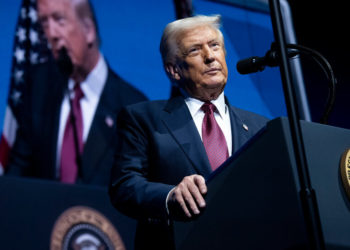
Åsa Sjöström for BI
- A fintech entrepreneur has a bold ambition to build a TNT plant in Sweden.
- TNT is essential for many types of ammo, but Europe has only one factory that makes it, in Poland.
- Swebal aims to produce 4,500 tons of TNT annually in the heart of Scandinavia.
A few minutes west of the Swedish town of Nora, there’s a quiet patch of forest behind a cluster of summer homes, sitting by a lake where the morning mist rises just in time to catch the sun’s glow.
It’s where Joakim Sjöblom aims to build a new factory for one of armsmaking’s most dangerous processes — manufacturing trinitrotoluene, or TNT, for NATO.
“My daughter turned one month old today,” the startup CEO told Business Insider in mid-October. “And that was one of the key reasons I decided to do this: if I can contribute to making sure that they do not experience a conflict growing up.”
The site of his factory-to-be is serviced by an old railroad track, where 80-foot-tall trees will soon make way for chemical tanks, reactors, and a pump tower that peeks over the treeline, if Sjöblom has his way.
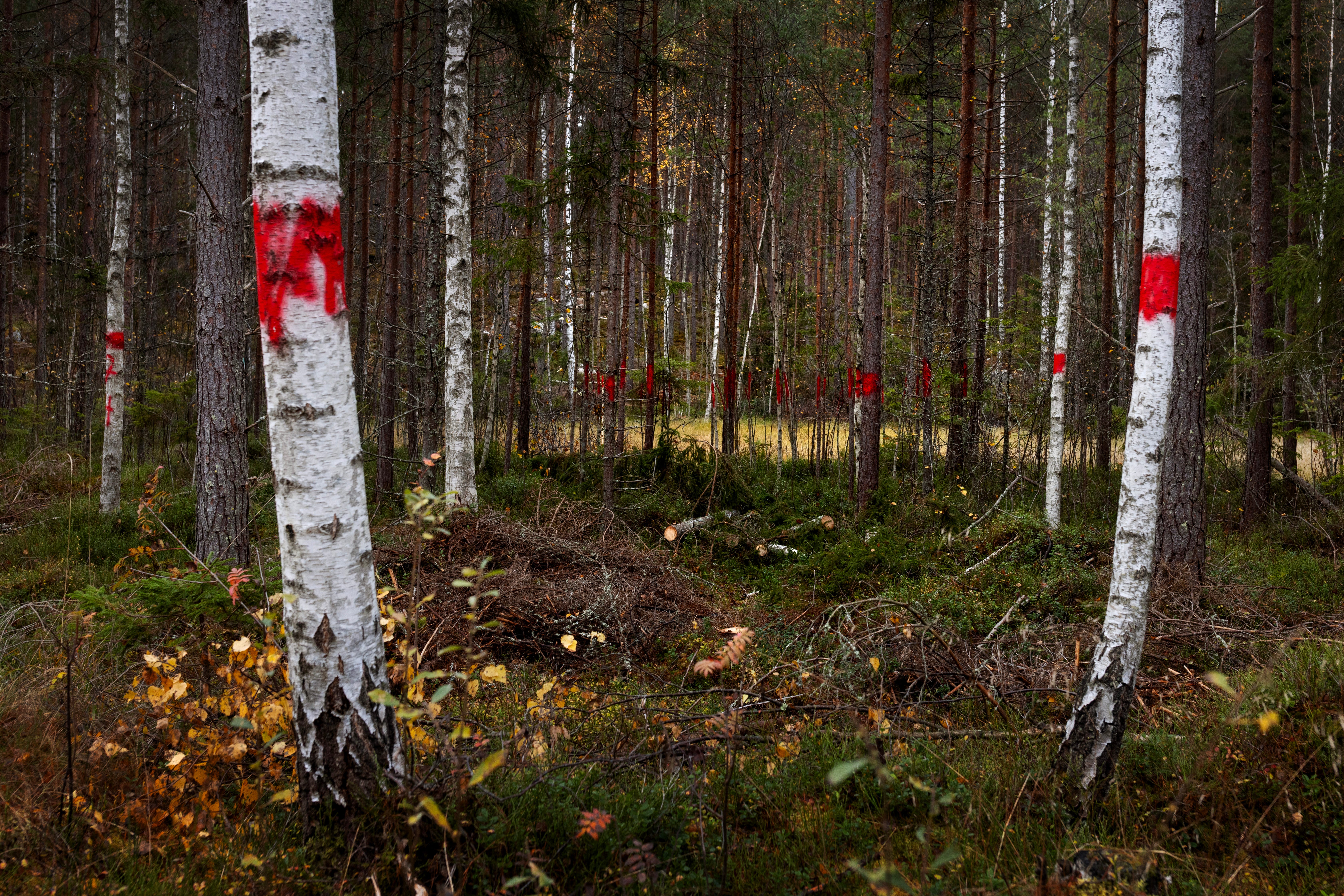
Åsa Sjöström for BI
TNT production is highly dangerous and creates toxic byproducts. Sjöblom’s group awaits a court ruling before it can get building permits for a semi-automated factory, and then aims to raise about $90 million.
The fintech entrepreneur shifted his focus to the defense industry last year, and now aspires to be one of Europe’s first modern founders to make and sell TNT.
If an army needs a munition larger than a bullet, it probably needs TNT. Introduced to the arms trade in 1902, the compound is still the world’s benchmark for explosive power in ordnance, from mortar rounds to hand grenades to bombs.
None is produced in North America, and Europe now has only one factory, in Poland, that makes NATO-standard TNT. India and China are two of the world’s largest suppliers, meaning weapons makers rely largely on Asia for anything beyond the Polish facility’s capacity — a critical chokepoint in a major war.
“There’s been a political decision to shift manufacturing back home,” Sjöblom said of general attitudes in Europe. “If there is an incident where we need to close the borders, we should be able to maintain production. We should not have an import dependency on critical raw material.”
Europe’s rush to fix its supply chain
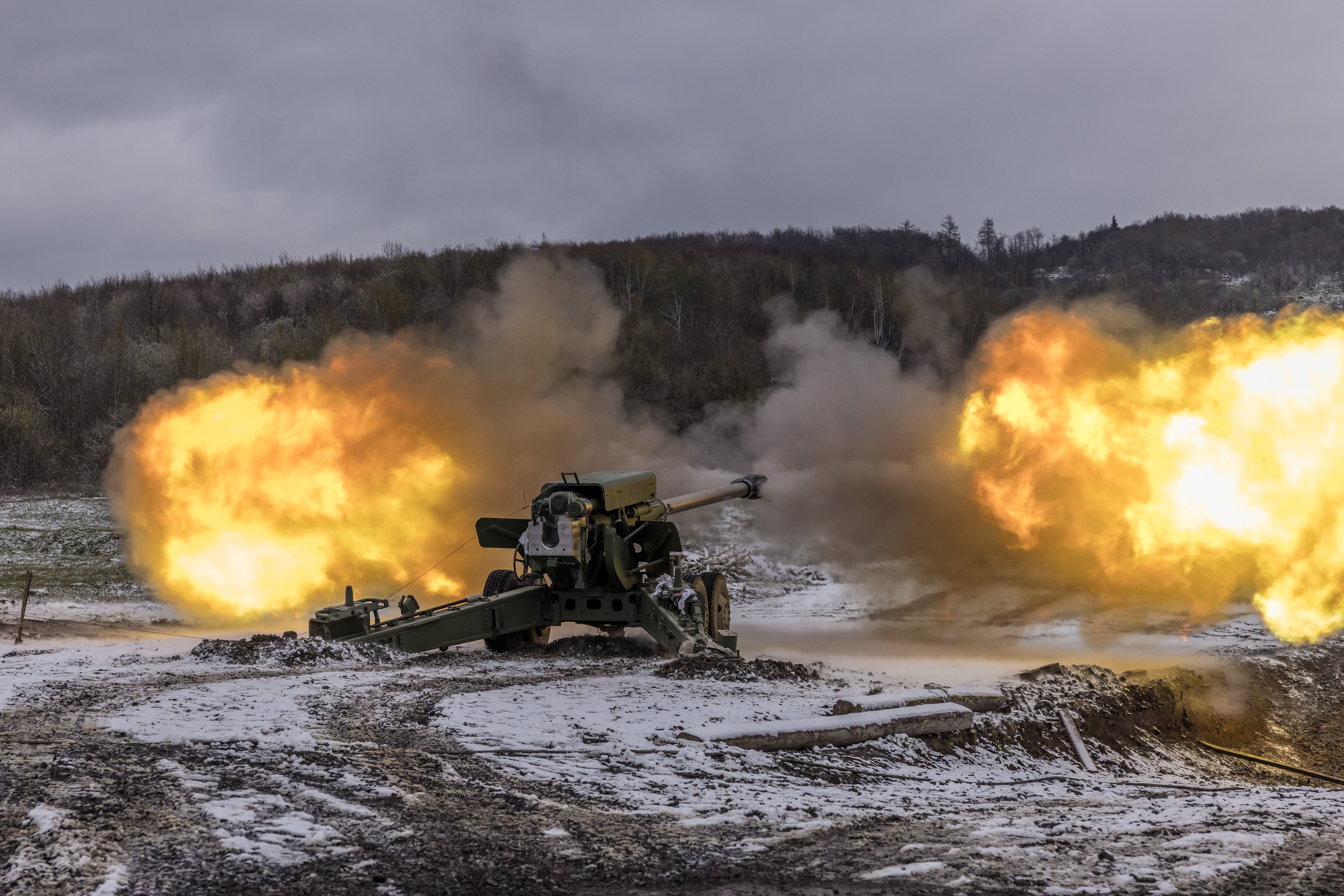
Oksana Parafeniuk via Getty Images
Sjöblom founded Sweden Ballistics AB, or Swebal, in 2024 after selling his fintech firm, Minna Technologies, to Mastercard in the same year. That year, Sweden also joined NATO.
Swebal submitted an environmental permit this year to produce an annual capacity of 4,500 metric tons of TNT, or enough for roughly 450,000 of the artillery shells that NATO desperately wants to surge production for.
The Swedish firm expects to break ground early next year and begin production by 2028.
The startup’s big draw is its European supply chain, Sjöblom said. Swebal plans to source 100% of its raw material from Sweden and the Baltic Sea area.
Lukas Bauer, an expert in energetics such as TNT at the Ludwig-Maximilian University of Munich, told Business Insider that it’s generally quite easy to find the materials needed to make TNT.
“All of those chemicals are relatively inexpensive and can be obtained in large amounts,” said Bauer, who is not involved with Swebal’s project, adding that producing TNT generally costs below $20 per kilogram.
Sourcing isn’t usually the main concern. The process for making NATO-standard TNT is highly toxic, and while the final product is generally quite stable, manufacturing it comes with a greater risk of accidental detonation. That’s partially why the West was content to leave manufacturing to Asia after the Cold War.
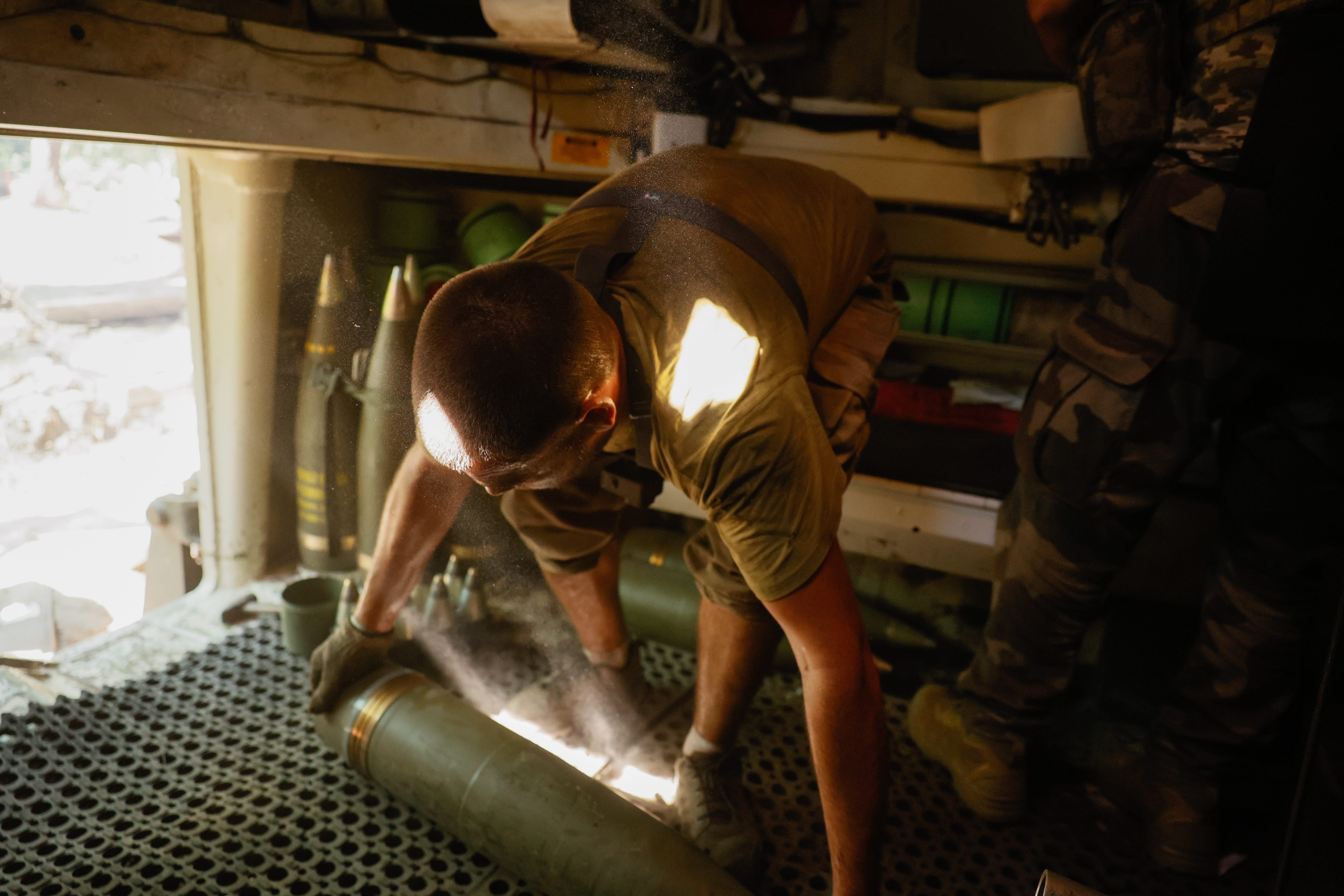
Roman Chop/Global Images Ukraine via Getty Images
Producing TNT in Europe is also more expensive, but it falls neatly in line with the European Union’s new requirements for arms makers. Last year, the bloc set a target for 60% of its defense procurement to be sourced internally by 2030.
With that policy shift, Sjöblom and his cofounder, engineer Carl Duforce, are just one of several new Western players breaking into the TNT market.
Finland’s government announced in January that it is building a TNT plant, with construction scheduled for completion by 2028. Work is also underway to restart production at a Czech-Greek TNT factory in a town in the greater Athens area.
Across the pond, the US Army has assigned Repkon USA the task of producing TNT at a new plant in Kentucky by November 2028.
The surge in demand is fueled by a sense of urgency in the West to drastically increase ammunition production. NATO warned in June that Russia is producing roughly four times as many artillery shells as the entire Western alliance, despite its 25-times smaller economy.
Sjöblom said the TNT market isn’t even coming close to meeting the West’s needs for now, and is confident that Swebal’s annual capacity of 4,500 tons will be in hot demand for at least 10 years.
“If all of these ongoing projects are realized, we’re not even halfway to matching what Russia can produce,” he estimated.
Making TNT in a post-Cold War Europe
Swebal is now waiting for a final go-ahead from the Swedish court of environment, which the firm expects to receive in December.
Regulatory requirements in Sweden are stringent for this type of factory, even with the nation now favoring a defense buildup. Swebal spent the better part of two years conducting 14 studies on its site for environmental approval, checking for protected animal species, ancient remains, and other elements that would rule out the area for construction.
Swebal’s factory, including its parking lot, would span three acres, but the company also has an agreement option to purchase about 60 acres of the surrounding forest as a contingency.
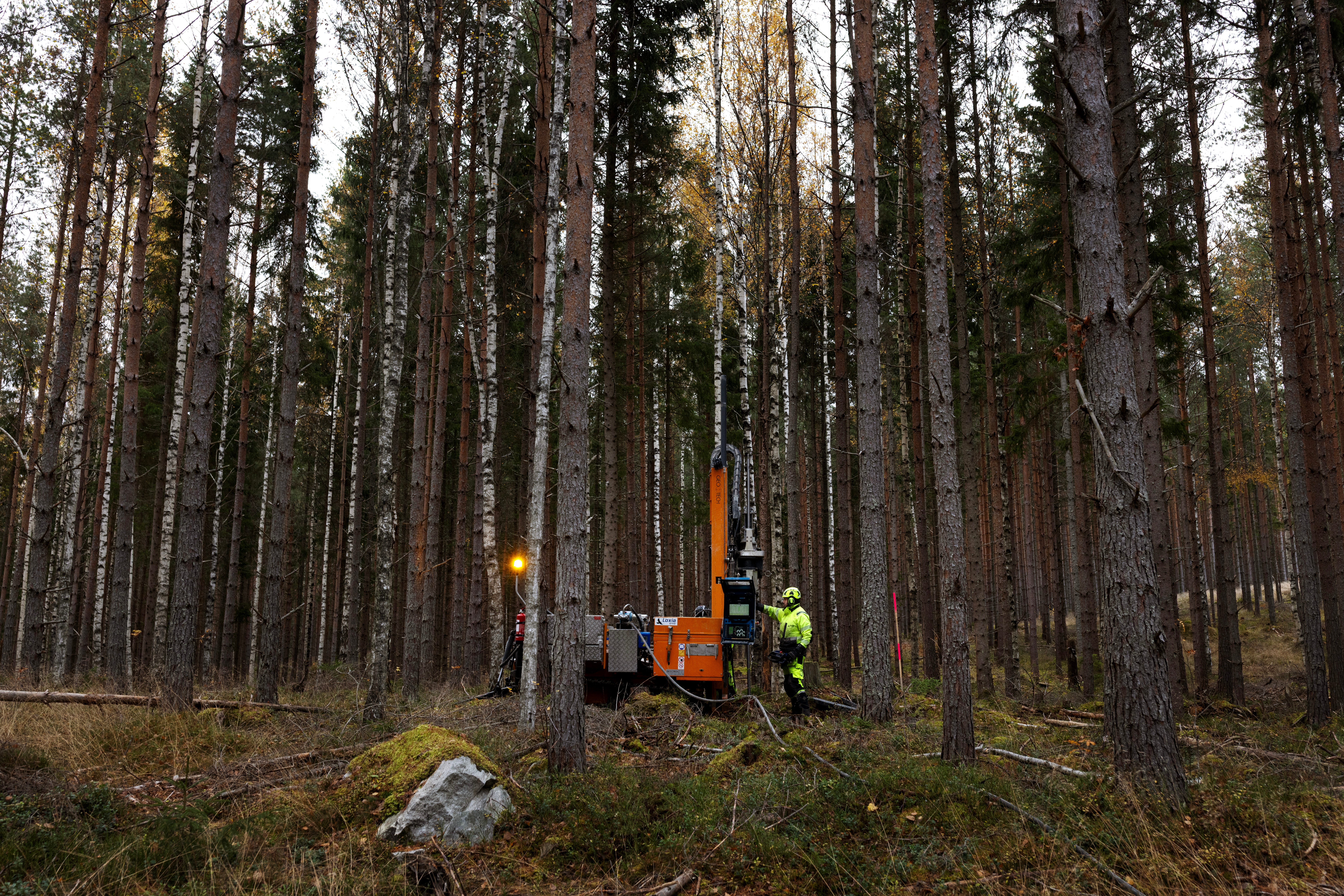
Åsa Sjöström for BI
“We’re buying a lot bigger, basically to make sure in the future that we don’t have neighbors close by,” said Sebastian Reismer, the company’s construction manager.
The firm’s permit allows it to store up to 25 tons of TNT on-site at a time, and it has to prepare for contingencies in the event of an explosion. The surrounding forest could help to mitigate the shock wave and shrapnel from an accidental blast, as well as soften noise pollution from factory operations.
“That’s why we are here,” Duforce, Swebal’s cofounder and COO, said of the forest near Nora. “We are around 700 meters to one kilometer away from the closest civil object, like a house or a main road.”
The facility itself is designed to include about a dozen acid tanks connected to a 90-foot tower for concentrating the raw material within. At the core of the factory, these chemicals are pumped for processing into TNT inside a 4,300-square-foot compound encircled by a set of thick, 20-foot-tall earthen walls.
Swebal plans to enforce the surrounding three-acre perimeter with electric and barbed wire, surveillance cameras, and a 24/7 security team.
A dangerous, toxic process
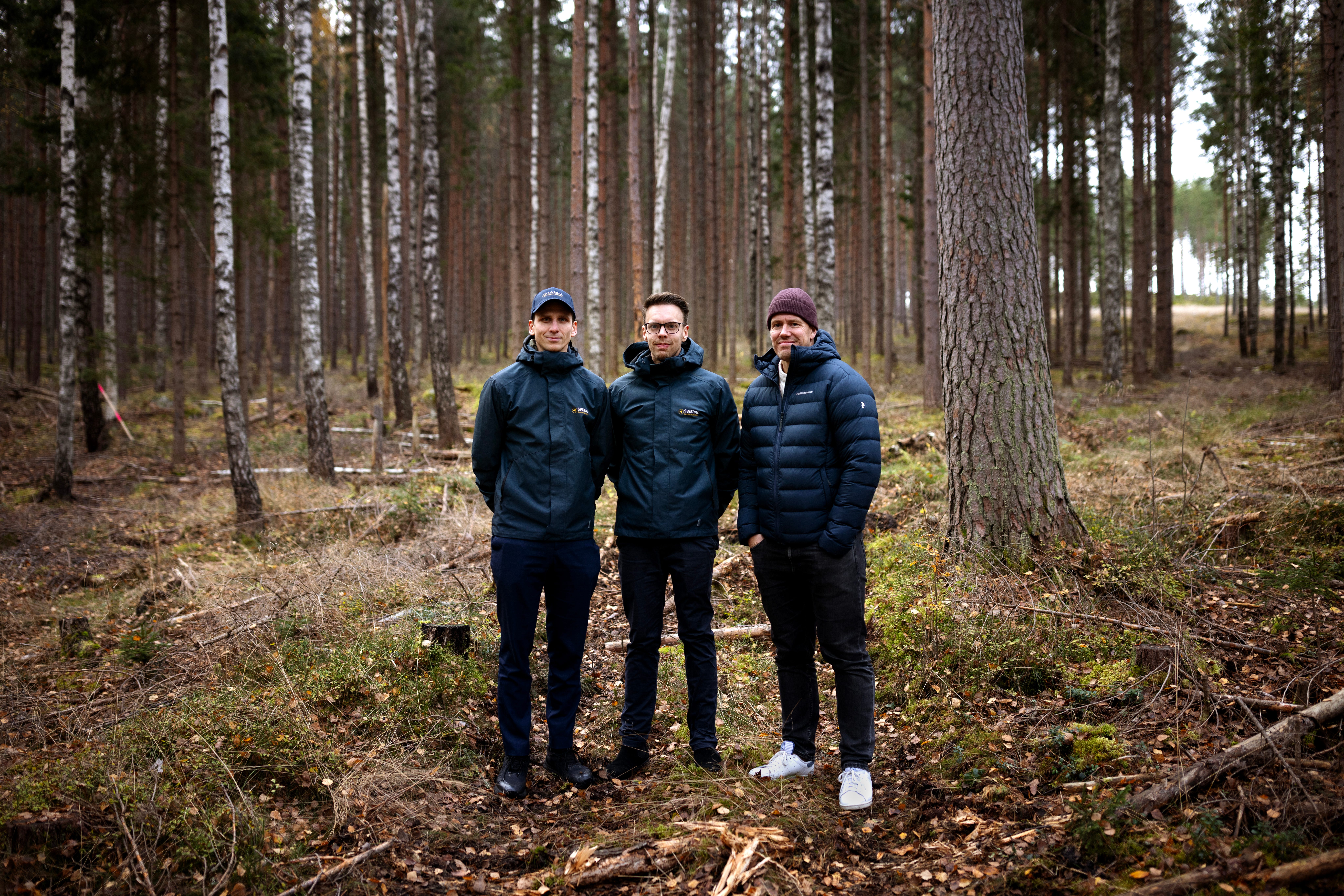
Åsa Sjöström for BI
Sjöblom, Duforce, and Reismer are currently Swebal’s only employees, but the startup aims to hire about 50 Swedish full-timers when its factory is complete. For now, it works with several dozen consultants and contractors while preparing for construction.
Swebal estimates that it will need about 80 million to 90 million euros, or $93 million to $104 million, to build the TNT factory. The firm announced in June that it raised $3.5 million from investors such as Thomas von Koch, a former managing partner of EQT Partners.
Sjöblom said his team will pursue a “substantially bigger” funding round once it receives its final permits. While he said demand for TNT is high, he also acknowledged he’s embarking on a risky endeavor.
“Our risk appetite, as a startup, is sky-high because we’ve got nothing to lose,” Sjöblom said.
Making TNT involves repeatedly mixing the chemical toluene with concentrated sulfuric and nitric acid, which are corrosive and can release toxic fumes. This process generates a lot of heat, which, if not controlled, can cause a detonation.
For those reasons, Swebal plans to have only two rooms where human workers are regularly present at the factory — a laboratory for final product testing and a fortified control room.
“Our vision is to make this completely automated,” Sjöblom said of the manufacturing process.
Then there’s the issue of waste. Purifying TNT to NATO standards creates a byproduct called redwater, which Bauer, the energetics expert, described as “toxic, carcinogenic, mutagenic wastewater.”
In the past, companies dumped redwater into waterways, he said, but now usually store it in basins to be incinerated safely.
Sjöblom said Swebal will truck its redwater to a third-party waste management company that is a 45-minute drive from the factory site.
“We will not have any destruction on-site,” he said of the wastewater.
Not in my backyard?
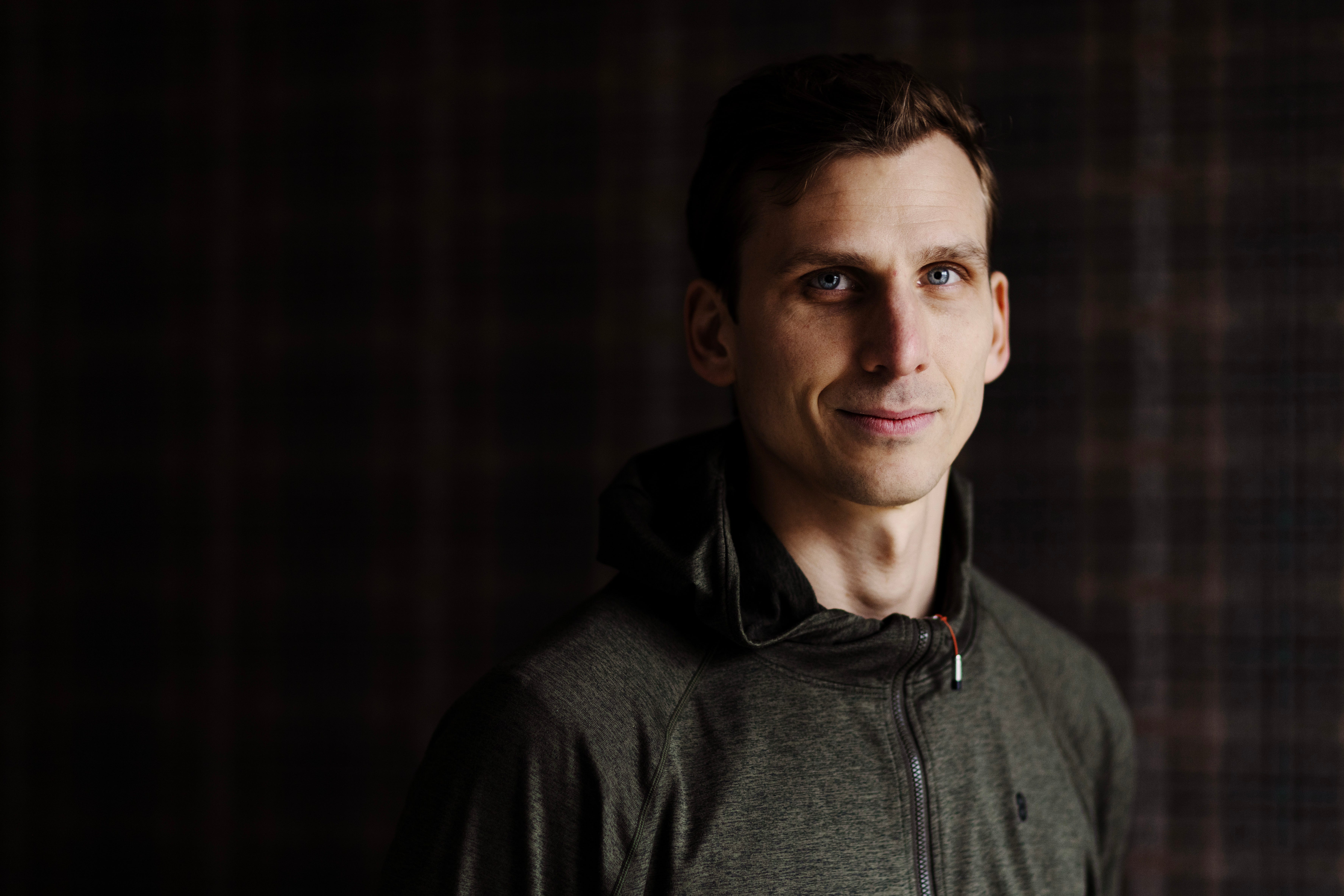
Åsa Sjöström for BI
Meanwhile, Duforce has been living in the nearby town of Nora since February to speak to residents. Some are not thrilled to have a new TNT factory near their summer homes.
Expecting to soon be the area’s second-largest employer, Swebal is already sponsoring the neighborhood tennis and padel clubs.
The local region is also familiar with the arms industry. Swebal’s new facility is built along Sweden’s “military belt.” Across the lake from the TNT factory sits an old dynamite plant from Alfred Nobel‘s time.
Swebal’s factory will rely on about nine trucks a day to deliver its material, and so it must build a road leading into and out of its facility.
Sjöblom said the notion of increased traffic has upset some nearby residents, but he believes Europe must build an arsenal to deter Russia.
“People are not happy that there will be trucks going by, and they’re not happy about the trees coming down, and, you know, there will not be as many squirrels,” he said as he walked the abandoned railway, under the shade of towering forest. “Well, if a war happens, maybe there will be no more trees. There won’t be any squirrels left.”
Read the original article on Business Insider
The post All of Europe has only one TNT factory. This man is looking to change that. appeared first on Business Insider.


